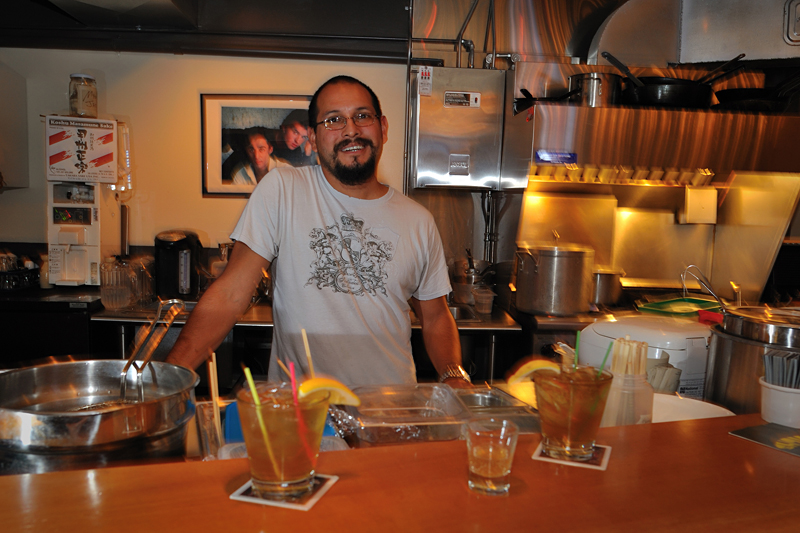Dino Rossi’s U.S. Senate campaign has remained vague, or silent, on the candidate’s position on a host of issues. His campaign website still shows only his announcement video. His Facebook page dwells on poll numbers. Fortunately, he has a voting record. Rossi served in the state Senate from 1997 to 2003, when he quit to run for governor. In coming weeks, we’ll be looking at the positions he took back when he actually had to take some—starting with the environment.
In 1996 Washington experienced its own Republican Revolution, with the GOP gaining a majority in both the state House and Senate in Olympia. When the 1997 session began, the party immediately went after any and all regulations it deemed bad for business, including environmental protections.
Among the bills the GOP-controlled legislature pushed through that year were two vehemently opposed by the likes of the Sierra Club, People for Puget Sound, and the Audubon Society. The first created so-called “environmental excellence” agreements. The agreements were designed to allow companies to circumvent state environmental regulations if the company came up with other ways of achieving the same pollution control.
Bruce Wishart, policy director for People for Puget Sound, who testified against the bill at the time, explains that if a company were to have toxic waste onsite, they could have entered into an agreement to use bacteria to clean it up, even though that wasn’t a cleanup technique then allowed for under state law.
Wishart says his problem wasn’t with allowing companies to find other, presumably cheaper, ways to meet pollution standards. It was that in the version of the bill being pushed by Republicans, the agreements were too flexible and difficult to enforce. “We had worked for 50 years to put in place a myriad of laws to protect our water and land,” he says. Under the Republican bill, “a project proponent could avoid compliance with any environmental law on the books.”
Under the bill, a company suspected of violating its agreement could continue to do so until a judicial process to revoke the agreement had been fully completed, which could take months. Other sections allowed companies to ignore the State Environmental Protection Act (SEPA) and the state Water Resources Act, which forbids putting anything into the state’s rivers and lakes that would reduce existing water quality.
Rossi joined his fellow Republicans in voting for the measure.
Governor Locke allowed the agreements to go forward, but vetoed the sections of the bill regarding SEPA, water pollution, and agreement violators.
A second bill that year, supported by Rossi, would have allowed small construction projects, and even landfills, to dodge the state’s environmental impact study requirements. Locke vetoed that one in its entirety.
Rossi did not move entirely in lockstep with the anti-green wing of the state party. In 2003 he broke with Pam Roach and others in the GOP by supporting a $1.25 excise tax on cars. That money was earmarked for air-pollution control and to pay for a tugboat to escort vessels through the Strait of Juan de Fuca, reducing the likelihood of an oil spill from one running aground.






